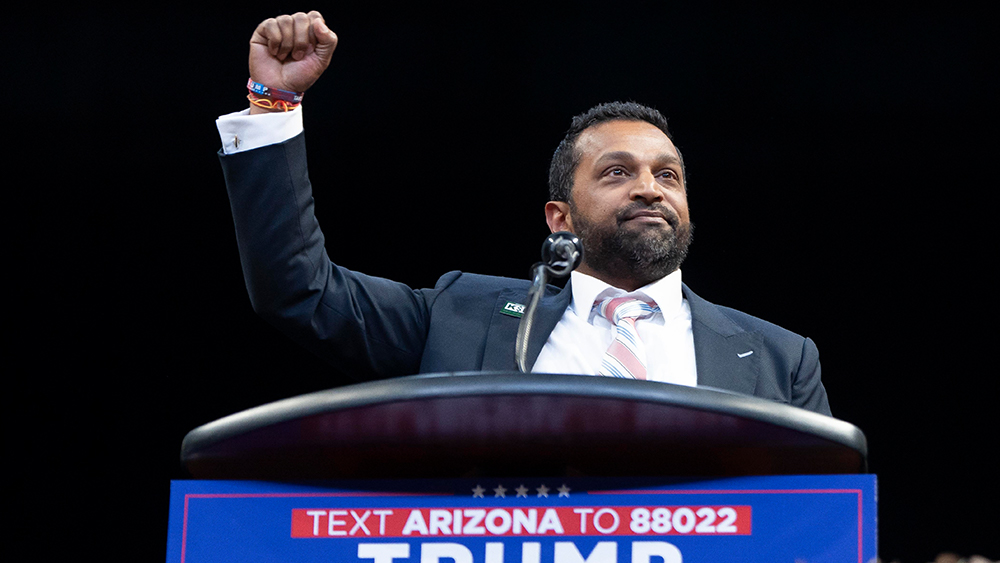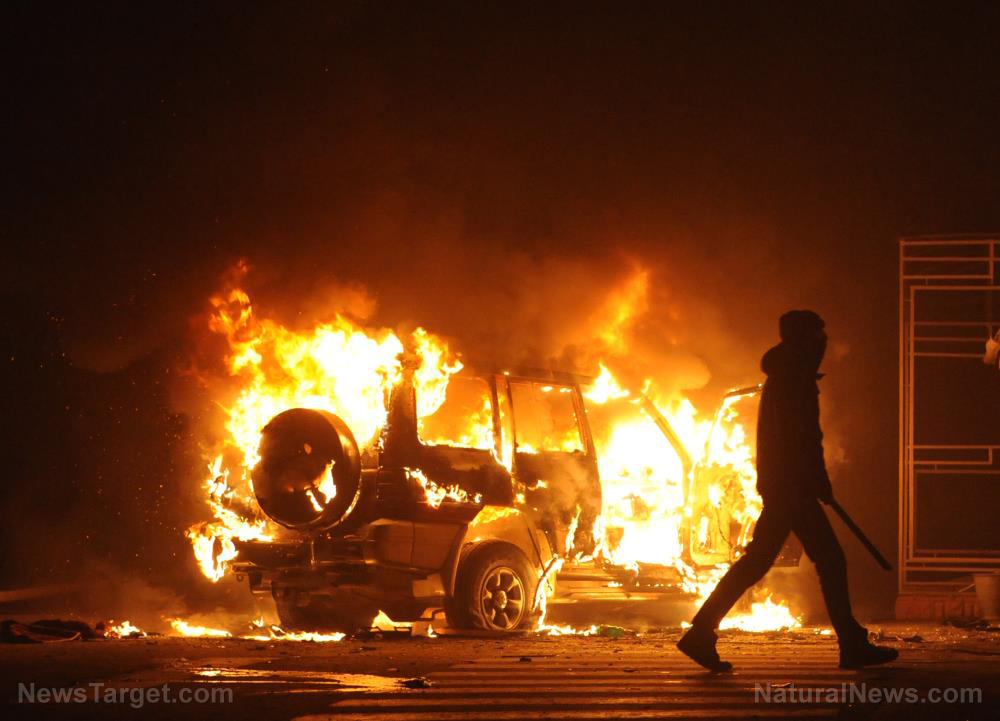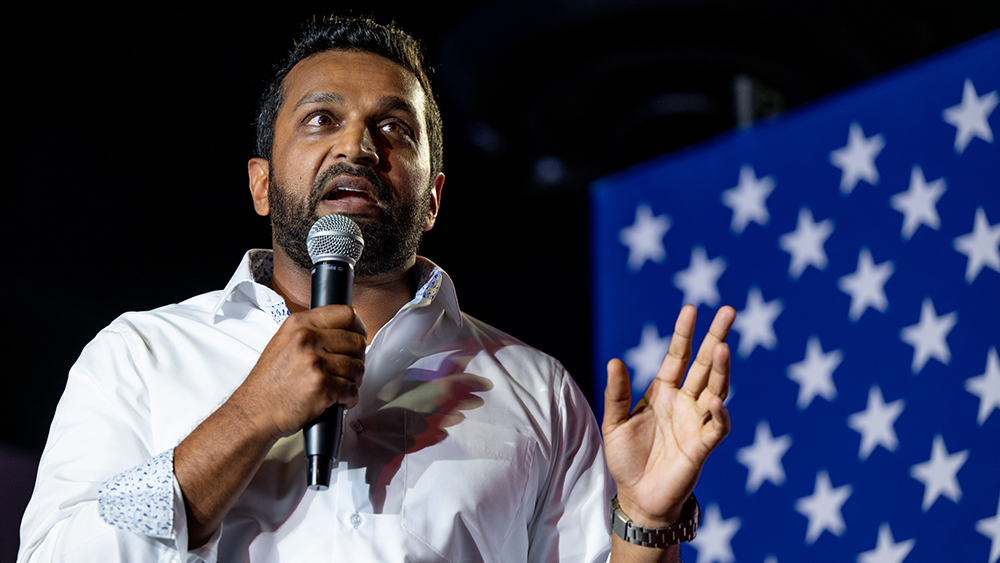UK’s Online Censorship Bill: A dangerous assault on FREE SPEECH and democratic freedoms
12/21/2024 / By Lance D Johnson

The United Kingdom is on the brink of enacting legislation that threatens to dismantle the very foundations of a free and open society. The Online Safety Bill, currently making its way through Parliament, is being sold as a measure to protect children and ensure online safety. However, its implications are far more sinister, as it paves the way for unprecedented government control over political discourse and the suppression of dissenting voices. This bill is not just about safeguarding users from harmful content; it is a Trojan horse for censorship, designed to enforce government-approved narratives and silence opposition.
Online Safety Bill creates digital landscape where only government-approved viewpoints are allowed
Online Safety Bill was first introduced in the UK Parliament in March 2021 as part of the government’s effort to regulate online platforms and protect users from harmful content. However, the bill’s provisions are broad and dangerously vague, granting sweeping powers to government communication regulators like Ofcom to police online content. Platforms that fail to comply with these regulations face crippling fines and the potential removal of their services in the UK. While the stated goal is to combat illegal content such as child abuse imagery and terrorist propaganda, the bill’s scope extends far beyond these boundaries. It includes a controversial “legal but harmful” category, which could be interpreted to include political speech, satire and even journalism that challenges the government’s agenda.
This is not an exaggeration. The bill’s critics, including civil liberties groups, journalists and tech experts, have warned that it creates a chilling effect on free expression. By forcing platforms to proactively monitor and remove content deemed “harmful,” the bill effectively outsources censorship to private companies. These companies, already under immense pressure to avoid legal and financial penalties, are likely to err on the side of caution, suppressing a wide range of legitimate speech. The result? A digital landscape where only government-approved viewpoints are tolerated.
The UK government’s justification for this legislation is that it is necessary to protect citizens from misinformation and harmful content. However, this argument is deeply flawed. The line between “misinformation” and legitimate political debate is notoriously thin, and governments have a long history of weaponizing such laws to silence critics. In an era where authoritarian regimes around the world are tightening their grip on information, the UK’s move toward online censorship is a disturbing trend that undermines democratic principles. The bill even encourages the use of artificial intelligence (AI) to monitor and remove harmful content, raising concerns about algorithmic bias and the suppression of legitimate speech.
UK’s “Online Safety Bill” – dangerous precedent for the world
The implications of this bill extend far beyond the UK’s borders. As one of the world’s leading democracies, the UK’s actions set a precedent that other nations may follow. If the UK can justify censorship in the name of online safety, what’s to stop other countries from doing the same? The erosion of free speech in the UK could embolden authoritarian regimes to crack down even harder on dissent within their own borders.
Moreover, the bill’s focus on “harmful” content risks creating a society where critical thinking and open debate are stifled. A free society thrives on the exchange of ideas, even those that are controversial or unpopular. By criminalizing certain types of speech, the Online Safety Bill threatens to create an environment where innovation, creativity and democratic participation are stifled.
The UK’s Online Safety Bill is not just a threat to free speech; it is a threat to the very essence of democracy. In a world where information is power, the ability to access and share ideas freely is more important than ever. The government’s attempt to control the flow of information under the guise of safety is a dangerous overreach that must be resisted. The future of free expression in the UK—and beyond—hangs in the balance.
Sources include:
Submit a correction >>
Tagged Under:
big government, Censorship, creativity, cyber war, democracy, expression, fascism, free society, freedom, freedom of speech, Glitch, government control, human rights, information war, innovation, Liberty, Online Safety Bill, oppression, suppressed, totalitarianism, Tyranny, UK
This article may contain statements that reflect the opinion of the author
RECENT NEWS & ARTICLES
COPYRIGHT © 2017 POLICE STATE NEWS



















